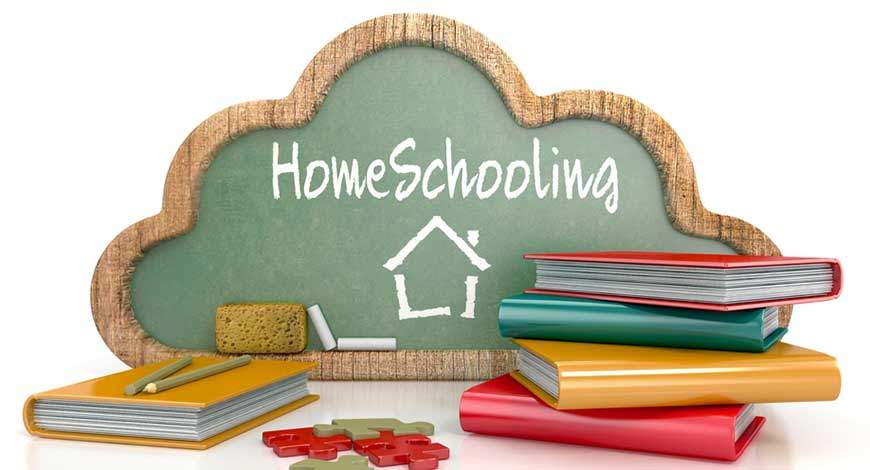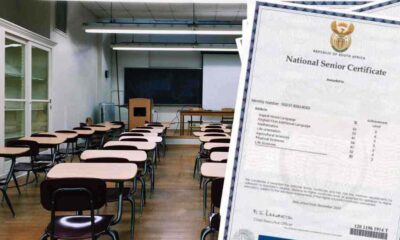Elite education
Why More South African Families Are Choosing Homeschooling in 2025

“We never thought it was an option. Then 2020 happened.” That’s how many South African parents now describe their shift away from traditional schools towards homeschooling. And five years later, in 2025, that once-temporary solution has become a growing movement.
From Parkhurst to Polokwane, more families are walking away from both public and private schools. The reasons are complex, but they all share a common thread: parents want more control over their children’s education, and they’re no longer convinced that the old system works.
The breaking point: cost, classrooms, and credibility
Private school fees are soaring, with projections showing hikes of between 6% and 10% this year alone. CambriLearn, one of the country’s major online providers, notes that many middle-income parents are now paying over R100,000 a year per child. And yet, real income growth in South Africa has stayed flat for years, climbing less than 1% since 2018.
Public schools, while cheaper, face their own battles: overcrowded classrooms, overworked teachers, and outdated infrastructure. With more than 30,000 teaching posts vacant, parents are questioning the long-term value of traditional education.
In this environment, homeschooling is no longer a fringe idea. It’s a practical, accessible, and increasingly mainstream alternative.
A quiet revolution in Gauteng
According to data from the Pestalozzi Trust, Gauteng had 2,844 registered homeschooling families in 2024. In just the first five months of 2025, another 2,189 applied. And those are only the official numbers.
“Homeschooling has become visible, accessible, and viable,” says Janet Kieswetter of the Gauteng Association for Homeschooling. “Since lockdown, parents have realised they don’t have to settle. There are free resources and flexible curriculums, and children are thriving.”
That flexibility is key. Parents can mix and match subjects, explore international qualifications like the GED or Cambridge A-Levels, and set a pace that works for each child.
Schools losing ground, online learning soaring
Curro, South Africa’s biggest private education group, has seen a drop in pupil numbers, particularly among learners in lower grades. Meanwhile, UCT Online High School, which launched in 2022, had over 4,000 learners in its first year and continues to attract strong interest from families seeking flexible, accredited online learning.
That shift says a lot. Parents are opting out not only because of cost but also because of what they feel traditional schools are failing to offer: safety, personalisation, and real-world skills.
Bullying is a big driver too. Kieswetter explains that many parents are pulling their children out of stressful, sometimes traumatic school environments. “Unfortunately, not all schools deal effectively with bullying. That’s when parents say, ‘Enough’.”
What about socialisation?
One of the most common criticisms of homeschooling is that it isolates kids. But according to Kieswetter, that couldn’t be further from the truth.
“Homeschoolers don’t live in a bubble. They do sports, music, and community projects, and they have time for real friendships. Many are already developing entrepreneurial skills and completing online courses beyond the school curriculum.”
Rather than falling behind, many homeschooled children are now ahead of the curve. Universities are taking notice too. Whether it’s a GED or an international syllabus, most tertiary institutions have welcomed homeschoolers who demonstrate maturity, independence, and a love of learning.
Homeschooling in SA is legal, structured, and thriving
Homeschooling isn’t some unregulated loophole. South African law recognises and supports it. The Department of Basic Education requires formal assessments after grades 3, 6, and 9. Parents are in regular contact with provincial education offices and are expected to maintain high academic standards.
“There’s a system in place, and many homeschoolers exceed expectations,” Kieswetter says.
Looking ahead
With the job market changing rapidly, parents are rethinking what schooling is for. It’s not just about passing matric anymore. It’s about equipping children with skills, confidence, and curiosity.
“This trend is not slowing down,” Kieswetter adds. “It’s growing fast, not just in Gauteng but across South Africa and the world. Families want learning that fits their lives, not the other way around.”
And in 2025, that means more parents are choosing to homeschool.
Also read: Gauteng Teacher Dismissed After Rape Allegations and Skipping Disciplinary Hearing
Follow Joburg ETC on Facebook, Twitter, TikT
For more News in Johannesburg, visit joburgetc.com
Source: Business Tech
Featured Image: SA Homeschool Beat



























